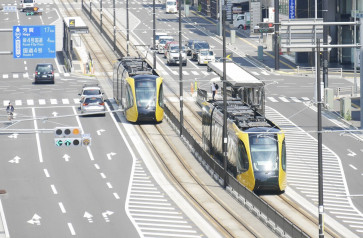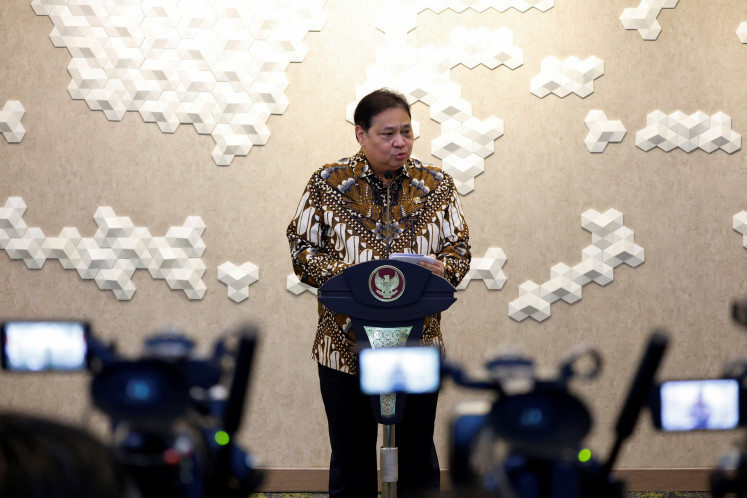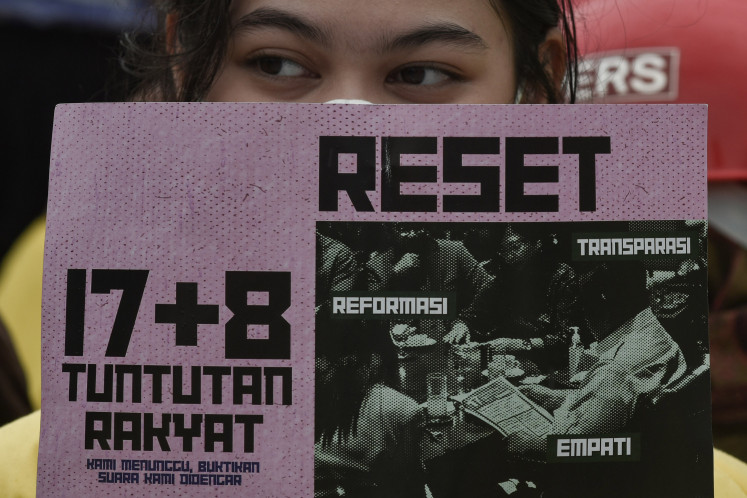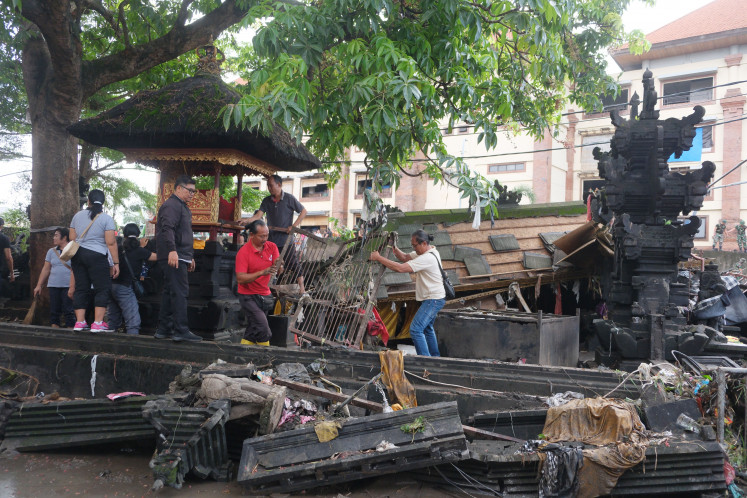Popular Reads
Top Results
Can't find what you're looking for?
View all search resultsPopular Reads
Top Results
Can't find what you're looking for?
View all search resultsPost-2015 MDGs: Farmers should be prioritized post-2015 to reduce poverty
Farmers from around the world are urging the adoption of a new comprehensive development scheme for peasants and indigenous farmers under the Post-2015 Millennium Development Goals (MDGs)
Change text size
Gift Premium Articles
to Anyone
F
armers from around the world are urging the adoption of a new comprehensive development scheme for peasants and indigenous farmers under the Post-2015 Millennium Development Goals (MDGs). Henry Saragih, general coordinator of the international peasant’s movement La Via Campesina, told a forum during the High Level Post-2015 MDGs panel meeting in Nusa Dua, Bali, that the MDGs had not specifically addressed agriculture, one of the main keys in combating poverty.
“The UN Millennium Development Project Task Force on Hunger has shown that 80 percent of the world’s hungry live in rural areas. Despite this fact, the MDGs scheme did not specifically touch the issue,” he said.
Romahurmuziy, the head of Commission IV at the House of Representatives overseeing agriculture, farming and forestry, agreed on giving more space for peasants to reduce poverty.
“Agrarian reforms have always been the instruments, but never been the goals.” This should be changed to halve poverty, one of the millennium development goals, he said.
Pavan Sukhdev of an environment consulting firm, GIST Advisory, said in Africa an increase of every 10 percent in the use of farmland could reduce 70 percent of poverty in the region.
Henry said that 50 percent of the world’s hungry were currently families of smallholder farmers whose livelihoods depend on agriculture. In addition, he said, 70 percent of the world’s hungry were women, who mostly worked in the agriculture sector.
Mainstream debate about the MDGs still advocated “a set of idealized market institutions”, Henry said.
La Via Campesina is an international movement of peasants, small and medium-size farmers, landless people, women farmers, indigenous people, migrants and agricultural workers.
It comprises around 150 local and national organizations in 70 countries in Africa, Asia, Europe and the Americas, representing about 200 million farmers.
He said that La Via Campesina believed that development should bring transformation where poor people could have power to voice their needs, adding that the core of power lies in agrarian resources — land, water and seeds.
“Redistributing these resources through agrarian reform means giving power to the people, like what happened in early Japan, Taiwan and even China. But we still witness the agrarian reform in Indonesia, India and the Philippines that resulted in equalities and underdeveloped rural areas,” he said.
During the forum, Henry also said that earlier high level meetings on the MDGs had recognized human rights as integral to achieving the MDGs. “The right to food, in particular, is essential to combat hunger and to end long discrimination of human rights suffered by peasants and other people working in rural areas.”
The movement proposes to “exchange the industrial agroexport food system for a system that is based on food sovereignty, returning the land to its social function as the producer of food and sustainer of life that puts local production of food at the center, as well as the local markets and local processing,” he said.
Walden Bello, the author of Food Wars, said in a paper that one of the key points that should be the focus of the post-2015 MDGs agenda was food security.
Bello, the director of the international NGO Focus on the global south, said that food security was closely tied to with hunger and poverty and was also a good indicator of the structural stresses and strains in the global economy.










